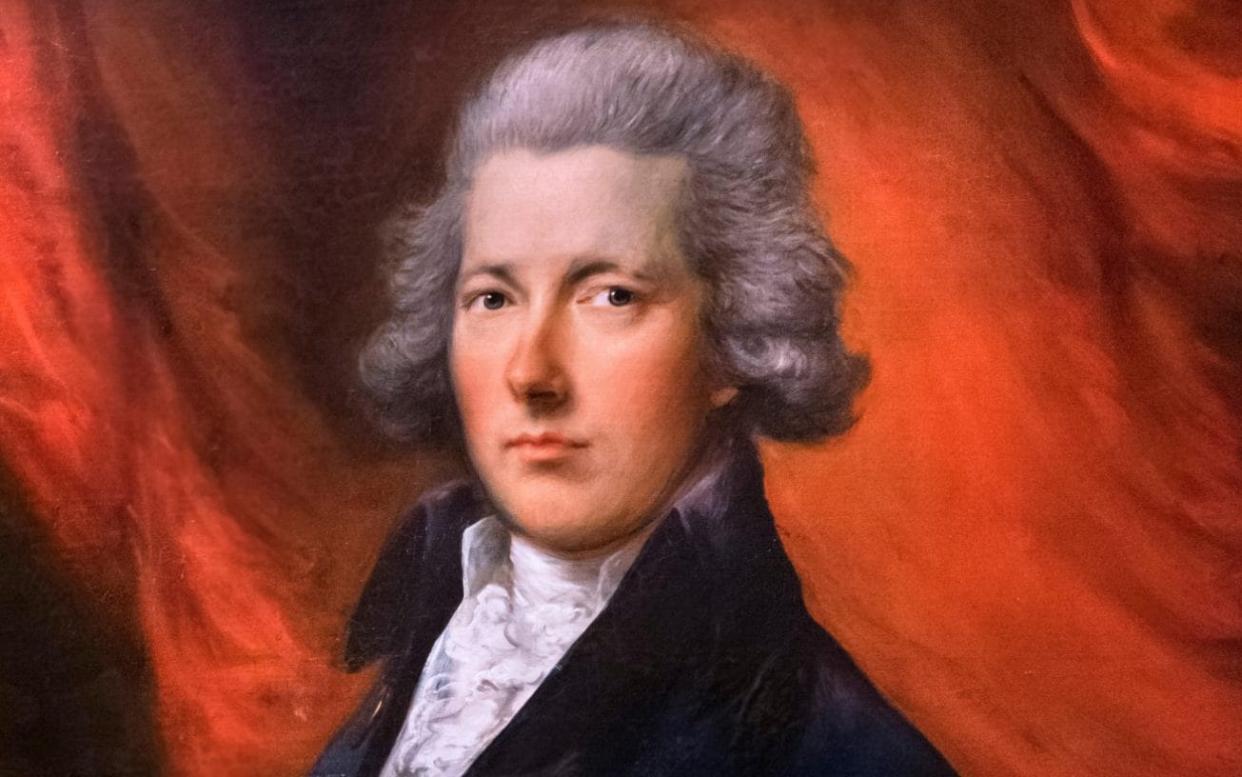If he lived today, Pitt the Younger wouldn’t be elected as an MP

Pitt the Younger once said, “Was not necessity the plea for every exertion of power or exercise of oppression? It is the argument of tyrants. It is the creed of slaves.” As Andrew Neil recently remarked, the modern democratic world is bereft of leadership, and autocrats - Putin, General Xi and Donald Trump - are once again on the march. But we don’t have a Pitt waiting in the wings. If Pitt were alive today, what a shining mark he would be for the whole camorra of professional patriots, uplifters and hypocrites. But inhabiting these modern isles, I doubt he would be elected to office. Television and social media would destroy him, utterly.
For one thing, his appearance would be hopelessly against him. His nose appeared to have been yanked upwards with a garden hoe and his face was covered in pockmarks. He was painfully reserved, something that was often taken for insufferable arrogance. He was a bitter opponent of equality and the brotherhood of man and denounced its evils in harsh, specific terms. He had no belief in the infallible wisdom of the people and refused to swathe reality in the soft bandages of illusion. He advocated no cure for the everyday sorrows of his countrymen, and doubted such a thing even existed. He drank whenever he was thirsty, which was often, and on occasion finished an evening of port under the table, not rising till noon the following day. His closest friend, Henry Dundas, was accused of dishonesty and corruption while treasurer of the Navy – a post Pitt secured for him by patronage. When the Commons voted to impeach Dundas, Pitt burst into floods of tears on the front bench.
Financially, he was a spendthrift, running up personal debts so large that there was a danger of bailiffs in Downing Street. Worse, his bills were paid by outside donations. Pitt’s sole attempt at a relationship with Eleanor Eden, the youngest daughter of Lord Auckland, ended abruptly and sensationally. For most of his life he surrounded himself with much younger men.
Today’s pusillanimous MPs would never dare vote for him as their leader. He would be on trial on X and in the tabloids as a political disgrace and a debaucher of youth. The Equality Act would have him in its clutches, while Victoria Prentis would censure him for using donations to pay his private expenses. Yet he was one of our greatest and noblest prime ministers, a true friend to freedom, who strived to save his country from Napoleon and succeeded in that task, though it cost him his life.
There is only one real form of striving that is understood in 21st-century democracies and that is the striving for celebrity and power. Modern politicians stand under no obligation to country or to state. Our democracy is certainly not democratic for it does nothing but feel our collars. There is no body of opinion behind it that is genuinely courageous, and most of its chief exponents are marked by a haunting fear of losing their jobs.


